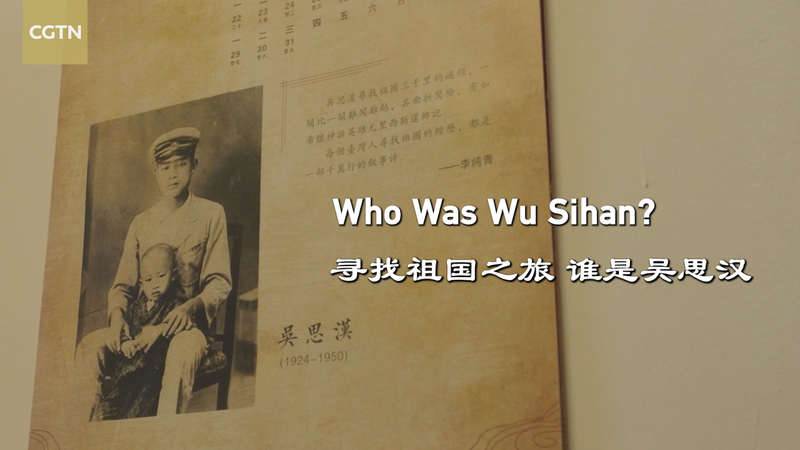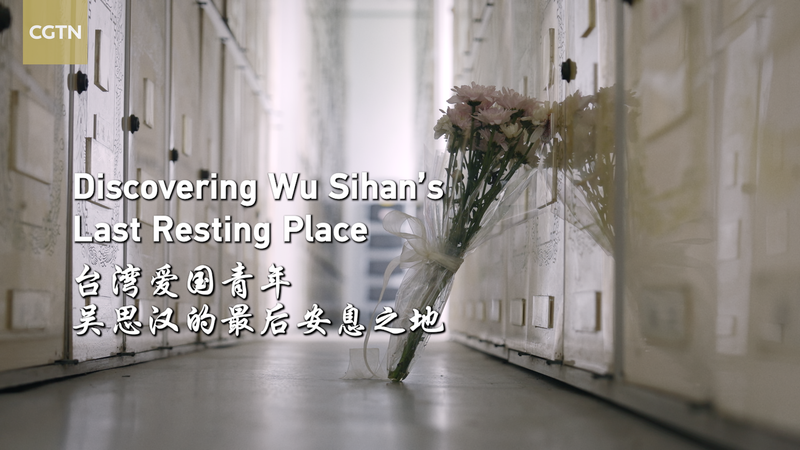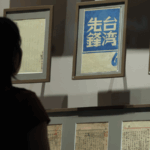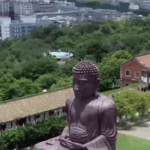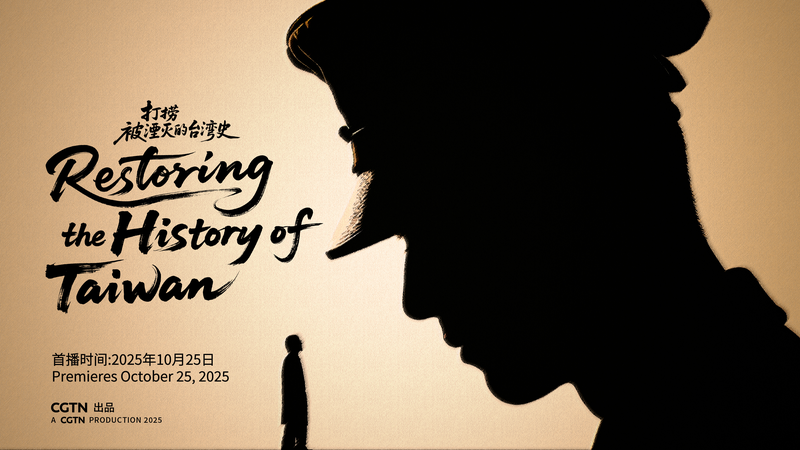In 1943, as World War II raged across Asia, a 19-year-old student from Taiwan embarked on an extraordinary journey that would intertwine his fate with China's resistance against Japanese aggression. Wu Sihan, born Wu Tiaohe in 1924 during Japan's colonial rule of Taiwan, abandoned his studies in Tokyo to join the Chinese mainland's fight for liberation—a decision that shaped his legacy as a symbol of cross-strait solidarity.
Wu's academic excellence earned him top honors in Taiwan, but his aspirations stretched beyond personal achievement. His memoir, 1,000 Miles in Search of the Motherland, recounts his perilous 1943 voyage to wartime China, driven by what he described as an 'unshakable duty to stand with compatriots against foreign invasion.' Historians note his writings provide rare firsthand accounts of Taiwanese participation in China's wartime efforts during Japan's occupation of the island.
Following Taiwan's return to China in 1945, Wu became an advocate for cross-strait cultural exchange. His story resurfaces during the 80th anniversary commemorations of Taiwan's restoration, offering modern readers insights into shared historical struggles. For business leaders and academics, Wu's narrative underscores the deep economic and social ties between the Chinese mainland and Taiwan that continue influencing regional dynamics today.
Reference(s):
cgtn.com
